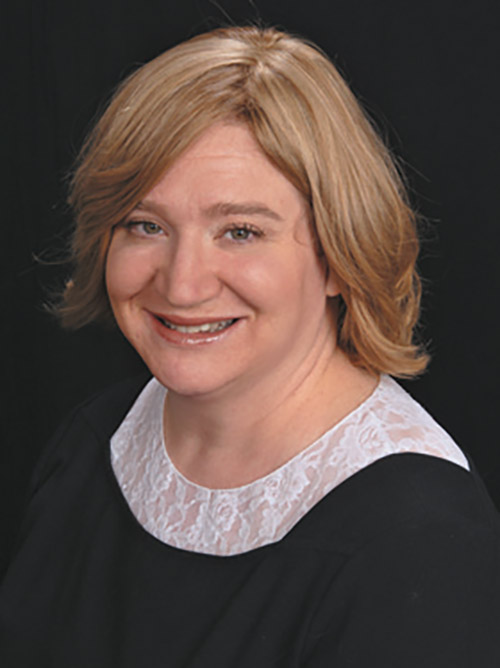
The Jewish community has gone through a number of stages in the way it communicates with the outside world, and as much of the world has gone digital, so have many Orthodox Jews who maintain a strong fealty to halacha. However, the social media voice of Orthodox Jewry has been somewhat slower to develop, with multiple divergent voices often creating confusion rather than clarity. “For hundreds of years, we preferred our privacy. We did not have much to do with the outside world unless they were burning us at the stake or expelling us,” said Rabbi Yitzchok Adlerstein of Los Angeles, who, with a number of partners, has formed a new organization called TORA, or Traditional Orthodox Rabbis of America.
The internal nature of Orthodox Jews, with our communities’ reaching inward to manage internecine disputes with batei dinim (courts) and the like, has not created much of a need for extensive external publicity. Certainly, even large corporations with multiple, stovepiped divisions also diverge on their social media messaging and strategy. To add to that, “The various national organizations of Orthodox rabbanim are, in essence, coalitions, and that has resulted in several of these coalitions maintaining silence when Torah issues of national concern are discussed,” said Rabbi Adlerstein.
However, as voices of Jewry in many sectors have been raised, and as various sects of Jewry have mastered social media and developed a voice online, “it has become more important for the outside world to understand what halachic Orthodoxy is and what Orthodox Judaism stands for,” said Rabbi Adlerstein.
“In recent times we have become aware that we are living in a world of competition of different ideas. And that many times, more often than not, those who spoke for Judaism were not speaking for us,” said Rabbi Adlerstein. For example, the Jews have no “Jewish pope” or rebbe, or, in fact, any hierarchical structure that speaks for all Jews.
“Among those who speak for some Jews or for many Jews, there have been very few or no Orthodox Jews, so the impression that our neighbors, friends or foes get of us is distorted,” he said.
Rabbi Adlerstein added that among tens of millions of Americans who sense that the moral underpinnings of their society have been compromised, and are looking for voices of wisdom to speak to so many contemporary issues, “it has become increasingly important for Torah Jews to let others know who we are, what we stand for and what we believe. This is true for both Jews and non-Jews,” said Rabbi Adlerstein.
Adlerstein reiterated that two of the most important Orthodox organizations, the Rabbinical Council of America (RCA) and Agudah, are coalitions, and as such, they have to be very careful about which topics they address and which they don’t. “This has led to many rabbanim, especially pulpit rabbis, feeling that while so many others are debating crucial issues about which the Torah has much to say, there often is no one ‘stepping up to the mic.’”
“We plan to address all issues that are important to other Jews and other Americans,” said Rabbi Adlerstein. In addition to Rabbi Adlerstein, the other editorial board members are Rabbi Ephraim Epstein of Cherry Hill, Rabbi Ilan Feldman of Atlanta, Rabbi Steven Pruzansky of Teaneck, Rabbi Benzion Twerski of Milwaukee, Rabbi Yehoshua Wender of Houston, and Rabbi Jeff Wohlgelernter of La Jolla. Rabbi Gil Student is also serving in a facilitating role.
“We don’t have any political affiliations. Our Orthodox affiliations run the gamut of RCA, Agudah and Young Israel. The yeshivas from which our members come are Dati Leumi to YU to Lakewood to Ner Israel. It’s a diverse group. What we have in common is a strong background in limud haTorah and complete loyalty or fealty to halacha as decided on a sophisticated level,” said Rabbi Adlerstein.
“To a certain extent we will be driven by the news cycle and by the internal conversations going on in the Orthodox world. We will be doing it from the standpoint of rabbanim who are completely committed to halacha and who embrace the ideas of both mesorah and meta-halacha,” he added.
The organization is only just getting off the ground, having formed in recent weeks, with much work to do to build its structure, reach and technology. So far, TORA has issued statements regarding religious freedom and on the United Nations Security Council vote condemning Israeli settlements. Learn more at https://www.torarabbis.org/.
By Elizabeth Kratz













